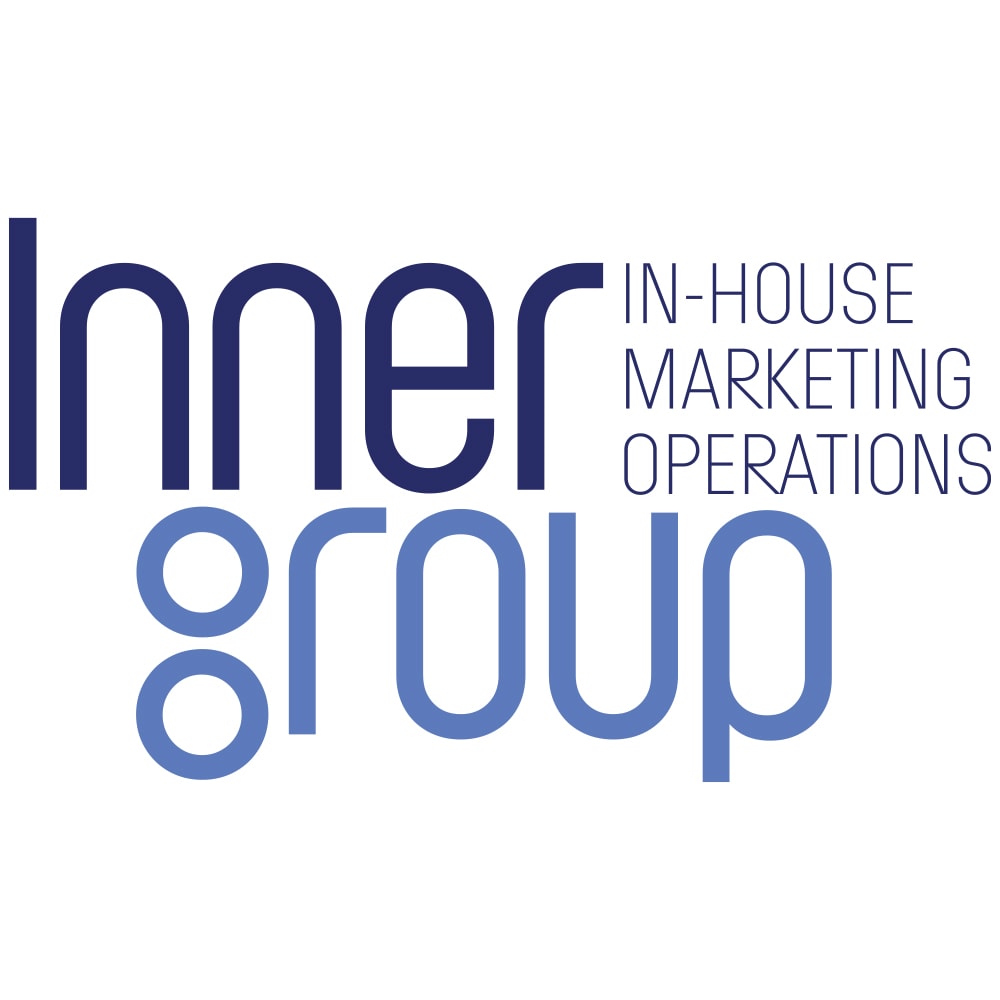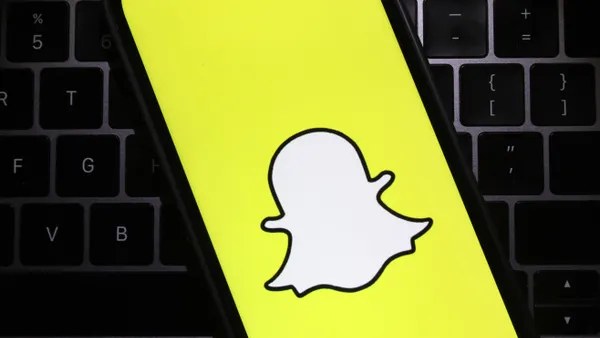Dive Brief:
- Hardware company HTC and French 3D software firm Dassault Systèmes have joined forces to offer enterprise-class virtual reality (VR) hardware and software tools for a range of industries and applications, including VR marketing.
- Although gaming is an obvious early target for VR applications, the partnership between HTC and Dassault intends to target business areas ranging from marketing and design to science and manufacturing.
- This news might be most interesting for B2B marketers as VR is seen as a potentially powerful tool in the complex B2B sale. An initiative that couples both hardware and software solutions to bring VR into the enterprise makes including virtual reality campaigns in B2B easier to accomplish.
Dive Insight:
“We are in the age of the experience economy, which means that innovation must be driven by the value of experiences,” Bernard Charlès, president and CEO of Dassault Systèmes, said in a statement. He explained that VR provides a consistent "virtual twin of the real world," which allows brands to streamline processes from ideation and marketing to selling.
Though it may seem like the early stages of VR, as more consumers are able to secure headsets and adopt the technology, more brands will want to integrate it into their advertising. A Gartner report estimates that by 2018 around 25 million virtual and augmented reality headsets will be sold to consumers. As the trend takes shape, it could become an invaluable asset to marketers, particularly areas such as retail and B2B. For B2B marketers, VR technology is seen as a way to offer immersive product demonstrations as well as a way to create a more complete story within a campaign.
Cher Wang, Chairwoman and CEO of HTC, added in the same statement, “Virtual reality is a truly disruptive technology in business as well as our lives, and Dassault Systèmes is leading the way in demonstrating how VR can help organizations transform their business, enhancing their products and services or creating completely new offerings."












